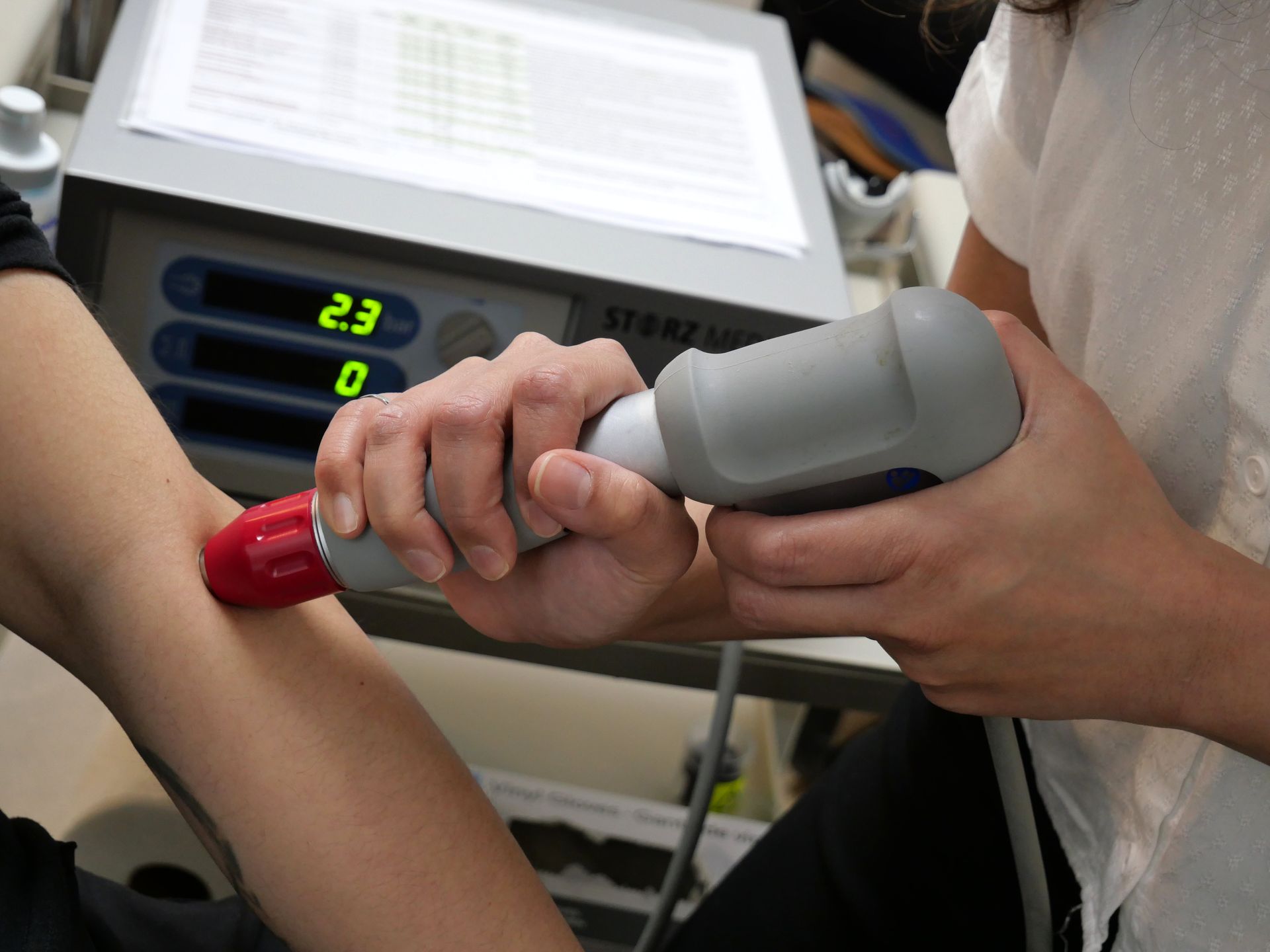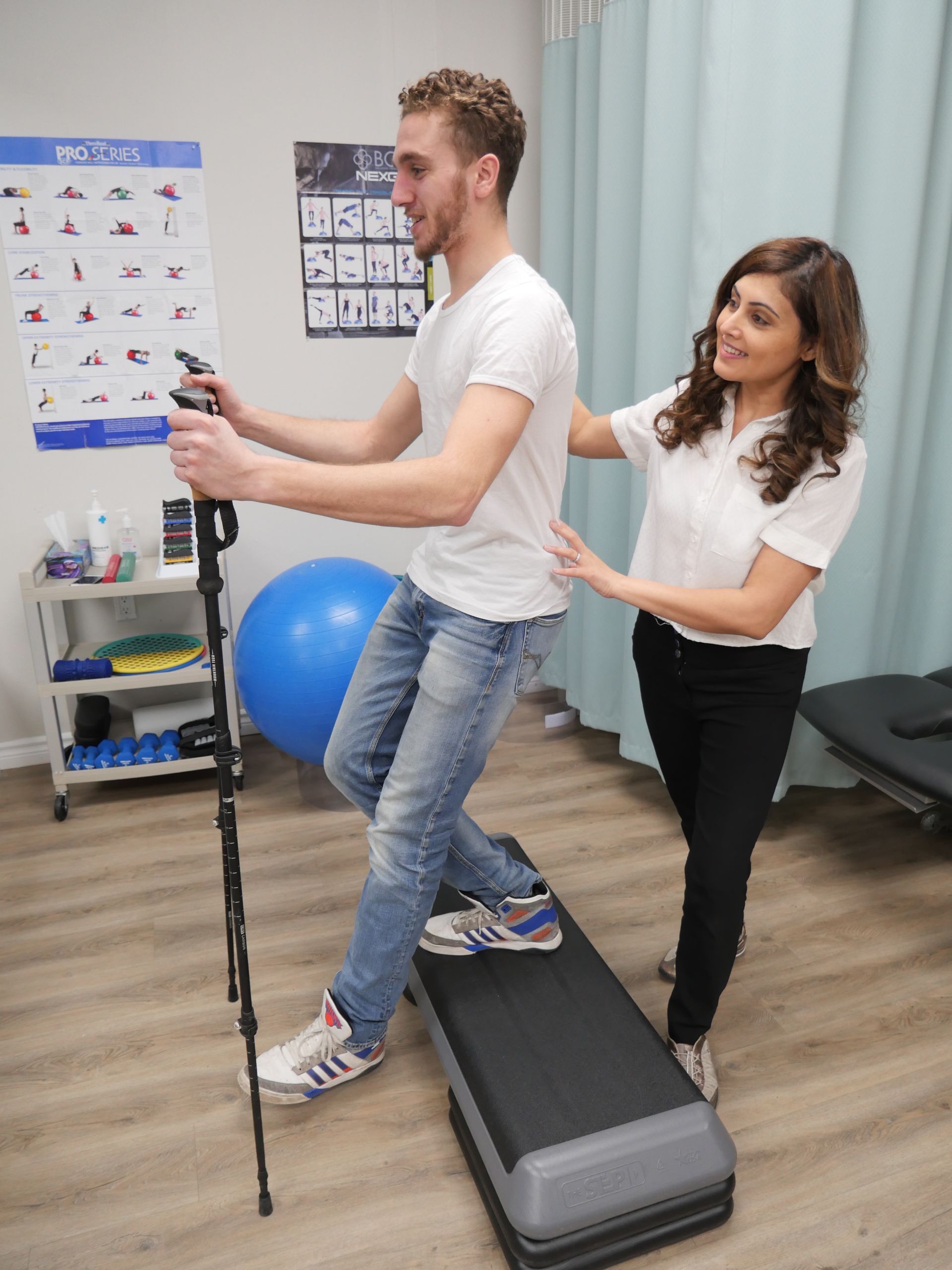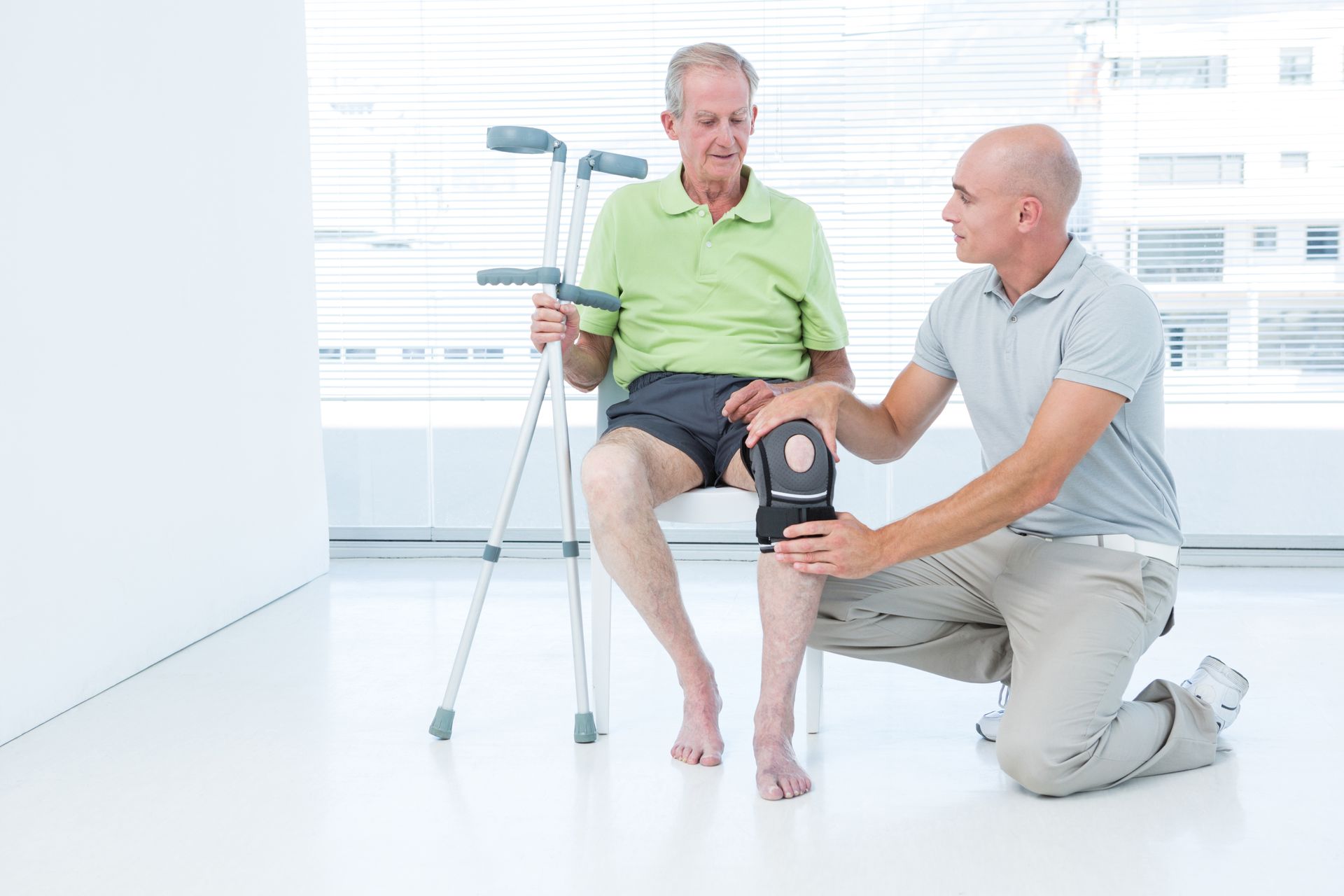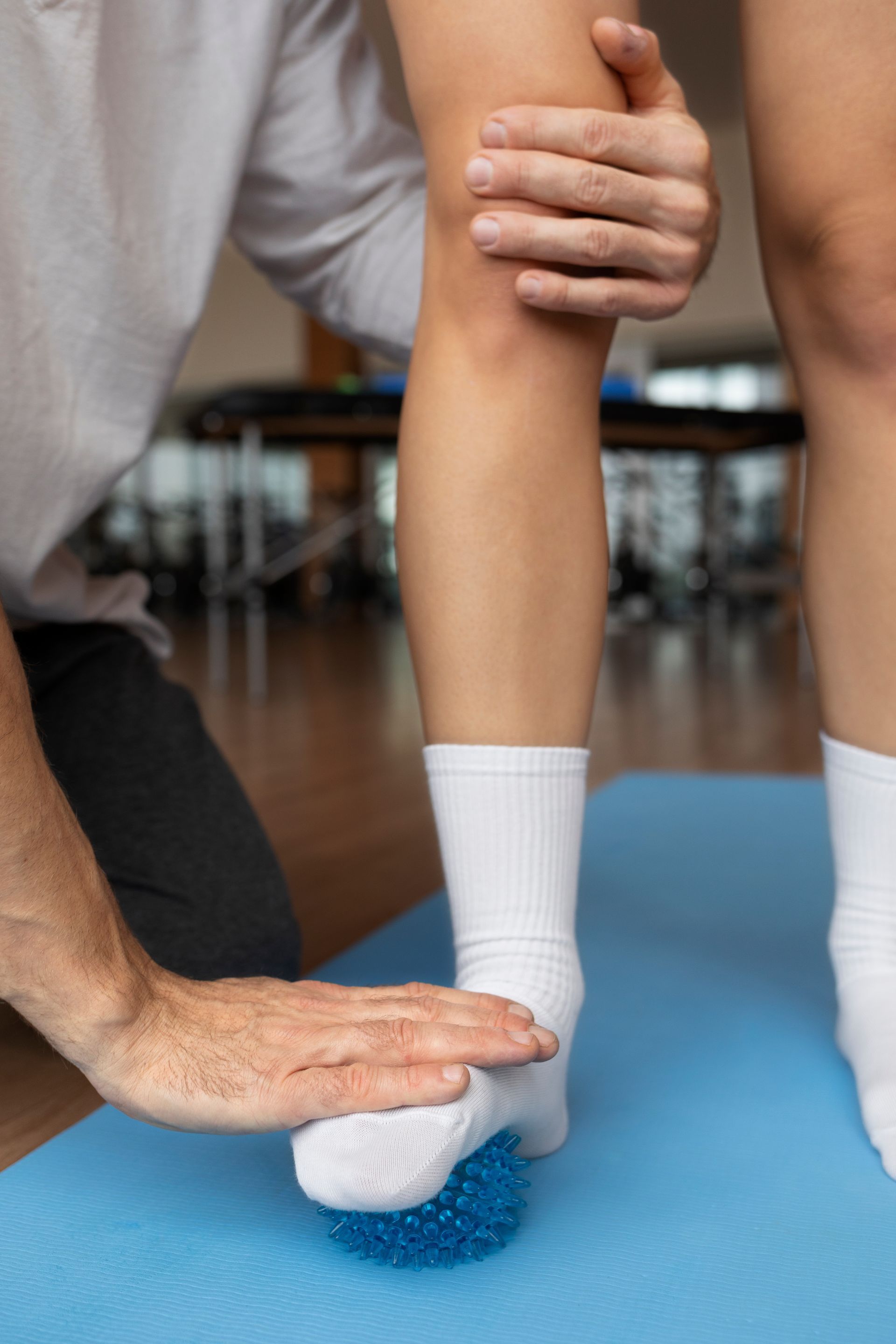The Power of Sleep in Injury Recovery: Why Resting Well Speeds Healing

When recovering from an injury, most people focus on therapies, exercises, and treatments—but few realize that sleep is one of the most potent healing tools available. Quality sleep is essential for injury recovery because it helps the body repair damaged tissues, regulate inflammation, and maintain mental resilience through challenging recovery periods. Here's how prioritizing sleep can transform your healing journey.
What is Good Sleep?
Good sleep is more than just lying down for a set amount of time. The National Sleep Foundation suggests that 7-9 hours of uninterrupted sleep each night is ideal for adults, with consistent bedtime routines and minimal disruptions to maximize sleep quality. Equally important are the sleep stages we cycle through, including deep sleep and REM (rapid eye movement) sleep. Deep sleep is where most tissue repair occurs, while REM sleep is key for mental restoration and mood regulation.
How Sleep Affects Physical Recovery
When we’re asleep, our bodies go into full recovery mode. Growth hormones, responsible for repairing damaged cells and tissues, are predominantly released during deep sleep. These hormones aid in muscle recovery, cell regeneration, and overall physical restoration, making them especially critical after an injury. Studies show that up to 70% of growth hormone production occurs during sleep, which underscores its importance in physical healing. Moreover, without adequate sleep, muscle tissues are more prone to breakdown, which can extend recovery time.
Sleep also has a significant impact on inflammation. Inadequate sleep can raise inflammatory markers by up to 40%, which can slow the recovery process and increase discomfort. Chronic inflammation is harmful in any scenario, but it’s especially detrimental during injury recovery because it delays healing and can make pain more intense. By getting enough sleep, you naturally help your body lower inflammation, reduce pain, and improve overall healing rates.
The Psychological Benefits of Sleep in Recovery
Beyond the physical benefits, sleep also plays a significant role in the mental side of recovery. An injury can be mentally exhausting, and poor sleep only adds to this strain. People who are sleep-deprived tend to have lower resilience, higher sensitivity to pain, and reduced motivation to stay consistent with rehab exercises or follow-up appointments.
REM sleep, often called the “dream phase,” is especially important for maintaining mental health. During this phase, the brain processes emotions, stabilizes mood, and strengthens memory. This means that quality REM sleep can help you manage pain, stay motivated, and maintain a positive outlook during the healing process. Mental clarity and emotional stability are often overlooked yet vital components of recovery, helping you handle setbacks and stay committed to the journey back to full health.
How Poor Sleep Increases Injury Risk
For active individuals, poor sleep can even increase the risk of re-injury. Research shows that those who sleep fewer than 6 hours per night have a 1.7 times greater risk of injury than those who consistently get quality sleep. Lack of sleep affects coordination, reaction times, and muscle response, increasing the likelihood of falls or strains. For anyone working toward recovery, this risk of re-injury is a serious consideration and another reason to prioritize consistent, restful sleep.
Tips for Better Sleep During Recovery
- Create a Bedtime Routine: Going to bed at the same time each night signals your body that it’s time to wind down.
- Limit Stimulants: Avoid caffeine or screens at least an hour before bed to help your body relax.
- Set a Comfortable Sleep Environment: A cool, dark, and quiet room can make a big difference in sleep quality.
- Practice Relaxation Techniques: Deep breathing, gentle stretching, or meditation before bed can help reduce stress and prepare your body for rest.
Sleep is a powerful yet often overlooked part of the recovery process, playing a key role in both physical and psychological healing. Prioritizing good sleep not only reduces inflammation and speeds tissue repair but also supports a positive mindset, essential for sticking with a recovery plan. For the best results, aim for 7-9 hours of quality, uninterrupted sleep each night. By allowing your body the rest it needs, you set yourself up for a faster, smoother, and more complete recovery journey.
Book a free 15 minute consultation with us today at Delta Physiotherapy & Rehab at either of our convenient locations in Central Parkway or Dundas, Mississauga, and we will get you started on your healing journey!










